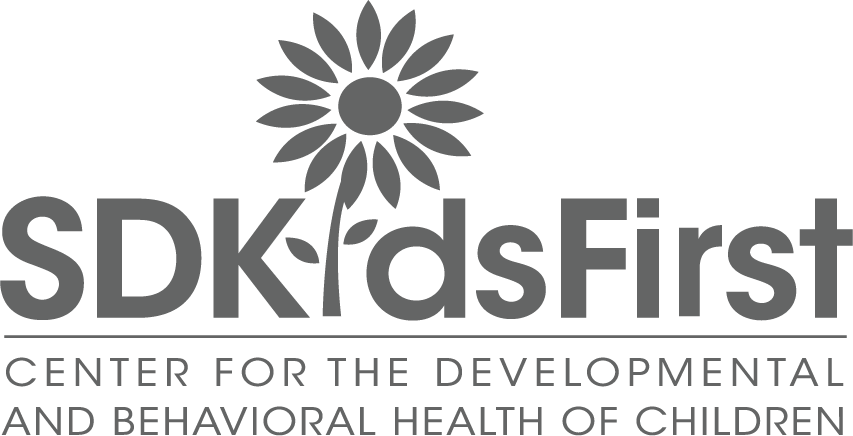We often get phone calls and questions from parents, many of whom are calling to find a therapist for their child. In many cases, after speaking with the family and learning about their child’s challenges, I personally recommend Social Emotional Learning (SEL) Curriculum instead. Why? For many reasons- one of which is that Social Emotional Learning Curriculum is designed to target core skill deficits that children are lacking.
I want your child to master essential skills like emotion regulation, flexibility, and social skills, which are goals and lessons laid out so beautifully within this curriculum. In addition, our public schools use the Social Emotional Learning curriculum. So these play-based skill-building sessions translate wonderfully into the classrooms.

The most frequent questions we get from parents who are unsure which service would be most helpful for their child are listed here, along with my responses. To assist further, I am happy to offer you a complimentary 15-minute consultation with me (Dr. Pontillo) or Kaydon Schanberger, M.Ed. (Director of our SEL program) to discuss your child and whether SEL or therapy would be best suited for them.
Commonly Asked Questions:
What is Social Emotional Learning Curriculum (SEL)? What are SEL goals?
There are 5 areas we can address in SEL; self-awareness, self-management, social awareness, relationship skills, and responsible decision-making. People with strong SEL skills are better able to cope with everyday challenges and benefit academically, professionally, and socially. Through play-based, individual SEL sessions, your child will begin to exhibit a reduction in undesired behaviors and begin to apply these skills at home, at school, and with peers.
What are the goals addressed in therapy?
In therapy, there are a range of goals that are tailored to each individual’s needs including but not limited to, reducing anxiety and depression symptoms, healing from trauma, creating boundaries, healthy communication, cognitive flexibility, healthier habits, interpersonal skills, enhancing mindfulness, and improving aspects of family dynamics. Through therapy, clients are able to work through their maladaptive thought patterns, reduce their symptoms, and improve their overall mental health.
Who facilitates SEL sessions vs Therapy sessions?
SEL sessions are facilitated by specialists in educational psychology (M.Ed) and
our SEL Instructors who are trained in the CASEL Social Emotional Learning Competencies.
Therapy sessions are led by licensed clinical psychologists (Ph.D & Psy.D) and licensed therapists (LCSW & LMFT)
What issues or concerns does SEL not address?
Social Emotional Learning does not address mental health concerns, such as anxiety and depression. SEL is catered towards behavioral concerns such as self-regulation and social skills
Can you give me an example of a typical child who would benefit from SEL?
Children who are facing challenges with taking turns, regulating their emotions, following directions, initiating and completing tasks, transitioning smoothly between tasks, keeping their hands to themselves, perspective taking, and frequent meltdowns or outbursts.
Can you give me an example of a typical child who would benefit from therapy?
Children, adolescents, and teens who are feeling anxious and/or depressed, having trouble sleeping and concentrating, withdrawing from favored activities, displaying increased irritability, and struggling to form healthy coping mechanisms would benefit from traditional therapy. Also, issues pertaining to family relationships and dynamics are typically addressed in therapy.
Is there a cost difference? What about insurance coverage?
Social Emotional Learning sessions are considered educational services and, therefore, are not covered by insurance. However, fees for SEL sessions are lower than fees for traditional psychotherapy sessions.
We hope this information has provided you with more insight into our practices and helped shed light on matching your family’s needs! If you have any questions about the services that we offer or would like to schedule a complimentary consultation with myself or Kaydon Schanberger, M.Ed., please call or email our Office Manager, Jenaya at (858) 692-4187 // contact@sdkidsfirst.com
